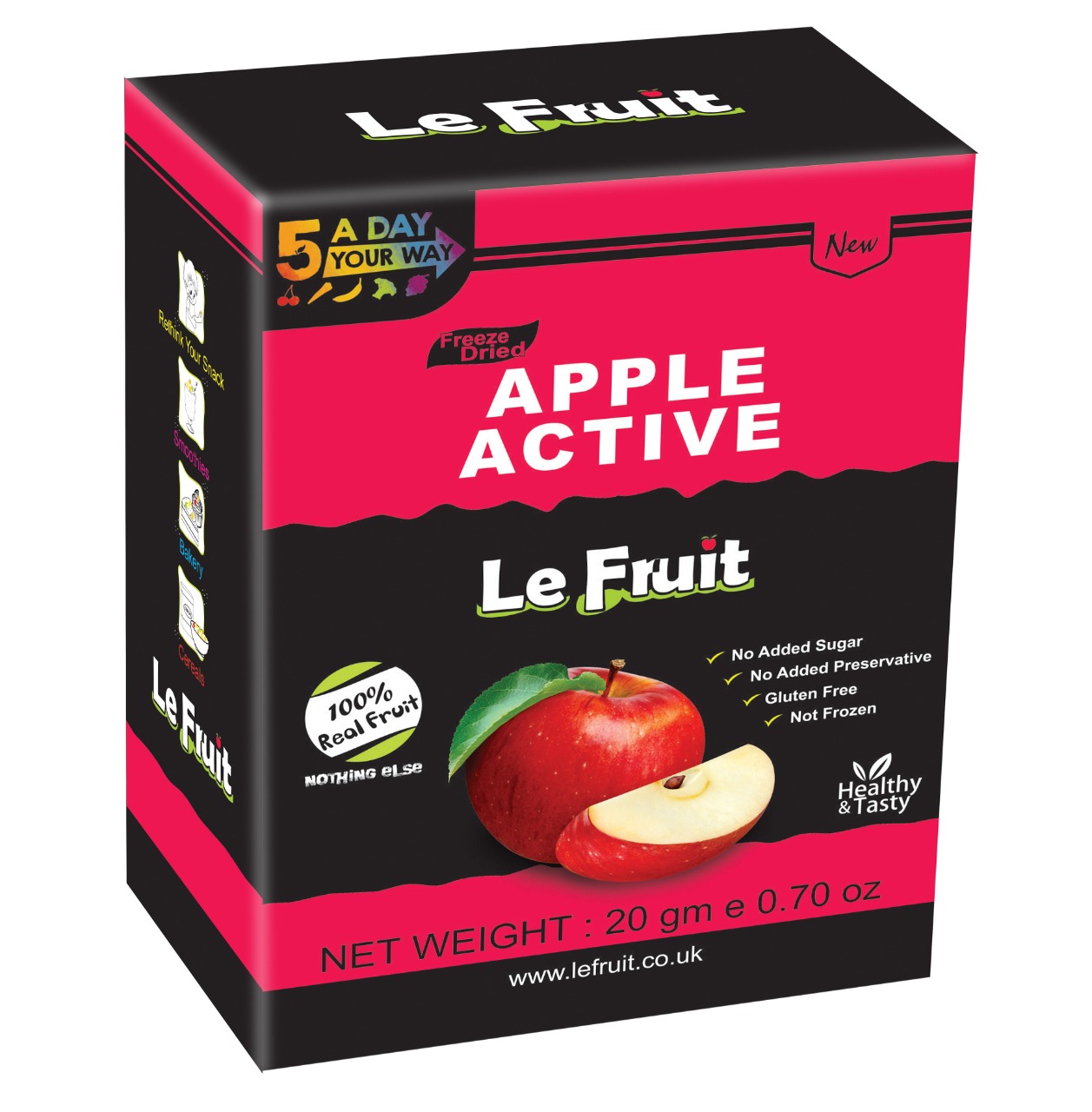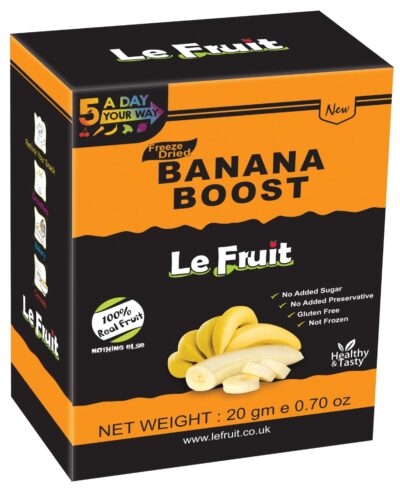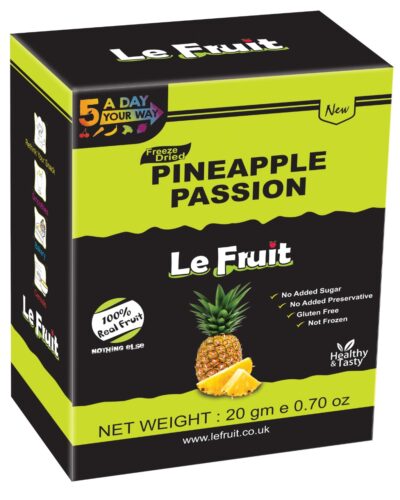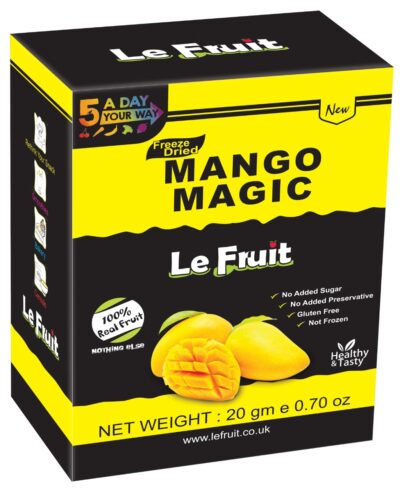$149.00 Original price was: $149.00.$129.00Current price is: $129.00.
INGREDIENTS: MANGO FRUIT
- 100% Pure Fruit
- No Added Sugar or Preservatives
- Upto 97% Nutrients of Fresh Fruit Preserved
- Gluten Free, Suitable for Vegans
- High in Vitamins, Antioxidants
Luscious and sweet, mango is known as the “the king of fruit.” Mangoes are a good source of vitamins and minerals. They can contribute heavily to the daily requirement for several nutrients. Mangoes also contribute copper, calcium, and iron to the diet, as well as the antioxidants zeaxanthin and beta-carotene.
A study suggests that zeaxanthin may play a protective role in eye health and could prevent damage from macular degeneration. This is an eye condition that gets worse with age. Orange colored fruits and vegetables, such as mangoes, contain beta-carotene which can boost the action of the immune system against disease. Mangoes also support hair health, as they provide a good amount of vitamin A. Research suggests that the fiber, potassium, and vitamin content in mangoes all help keep the arteries working and reduce the risk of heart disease.
Mango contains a number of known bioactive compounds, which include the carotenoids, tocopherols, ascorbic acid, dietary fiber, and the phenolic compounds of mangiferin, gallic acid, and quercetin. Mangoes are rich in amylases, which help in the breakdown of large food molecules, thus improving their absorption in the body. Mangoes, thus are wonderful for digestion. They are rich in pectin, a fiber which reduces serum LDL cholesterol levels. LDL causes the formation of plaques in blood vessels. Thus, mangoes show a protective effect on our heart.
| How to Use | Luckily, the fruit is easy to incorporate into any meal, sweet or savory. For example, you can top your avocado toast with sliced mango, or add it to Greek yogurt or overnight oats. Whip mango into a smoothie; add it to salsa, slaw, tacos, tuna or chicken salad, and garden salads. Serve mango over cooked fish, or mix it into whole grains, like quinoa or wild rice. Mango also makes a delicious and colorful addition to desserts and treats, including chia pudding, coconut milk ice cream, even mango margaritas! |
|---|---|
| Packaging | The product is packed in a 3 layer aluminum pouch. |
| Storage Guidelines | The shelf life is more than 12 months. |
Related Product
-
BANANA BOOST 20gm ~ 400gm of Actual Fruit
$149.00Original price was: $149.00.$129.00Current price is: $129.00. -
PINEAPPLE PASSION 20gm ~ 400gm of Actual Fruit
$149.00Original price was: $149.00.$129.00Current price is: $129.00. -
MANGO MASTI 20gm ~ 400gm of Actual Fruit
$149.00Original price was: $149.00.$129.00Current price is: $129.00. -
SITAPHAL SPLENDOUR 20gm ~ 400gm of Actual Fruit
$149.00Original price was: $149.00.$129.00Current price is: $129.00.






